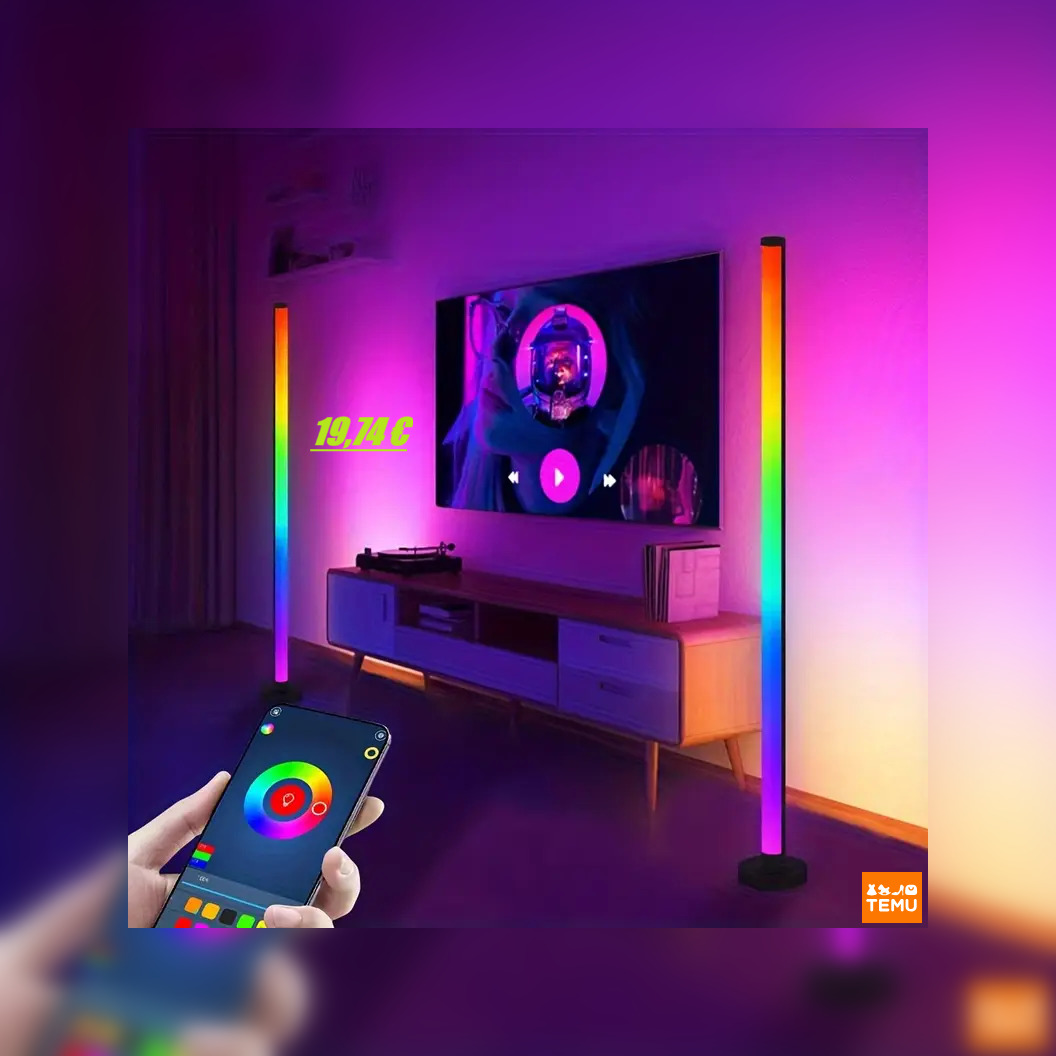Inner Monologue
YOUR LINK HERE:
http://youtube.com/watch?v=Qi_wNpYfhag
Inner monologue is the silent dialogue that runs through a character's mind, capturing their real thoughts and feelings. It goes beyond inner objects, which are visual cues an actor imagines while delivering lines. • Together, these tools form a cohesive inner narrative, helping actors bring authenticity and depth to their performances. The process mimics how people think in real life, blending images with unspoken thoughts, and creating a richer portrayal of the character. • The actor's task is to fill in the mental conversation that isn't present in the script. Inner monologue represents everything a character thinks but cannot say. This could include doubts, fears, criticisms, or inappropriate thoughts they keep hidden. It can be paranoid, crude, or even judgemental because these are the private thoughts people usually censor. • Often, these are thoughts that would make the character seem wrong, mean, or insecure if they were voiced aloud. Inner monologue allows an actor to explore the true motivations behind a character's words and actions, providing a deeper layer to their portrayal. • When performing, actors should direct their inner monologue towards other characters by using the word you. This technique creates a sense of connection and interaction, even if the thoughts are not spoken. For example, instead of thinking she thinks I am foolish, the actor would focus on you think I am foolish. • This direct address creates a more active and engaging inner dialogue, helping the actor stay connected to the scene and the other characters. This approach can influence facial expressions, body language, and reactions, making the performance more dynamic and realistic. • Inner monologue is vital for creating relationships between characters, even when there is no spoken dialogue. The audience often picks up on the truth of a character's thoughts, especially when these inner thoughts contrast with their spoken words. This contrast can make the character more relatable, as people in real life rarely say exactly what they are thinking. Often, they modify their words to achieve a specific goal or to influence how others perceive them. • For instance, in a job interview scene, a character might say, I am confident I can be a great asset to your company, while internally thinking, I hope I do not mess this up. You must see how nervous I am. • • This inner dialogue creates a rich, layered performance as the actor tries to project confidence while feeling insecure. The discrepancy between spoken words and inner monologue highlights the character's vulnerabilities and makes the scene more engaging. • Inner monologue can make even the most mundane conversations interesting. By filling these moments with hidden, often inappropriate or illicit thoughts, an actor can add tension or humour. In interactions with a romantic interest, a character might be engaged in small talk, but their inner monologue could be focused on their attraction or fantasies about the other person. This silent dialogue can create a sense of chemistry and tension, even if the spoken words do not reflect these feelings directly. • Actors can use inner monologue to foreshadow future events and provide subtext that the dialogue alone does not convey. For example, in a scene where a character talks about being happy with their current situation, their inner monologue might reveal dissatisfaction or a longing for something different. This underlying thought process can set up motivations for future actions in the story, making the character's behaviour more believable when they eventually make a significant decision. • #acting #actress #actresses #actor #actors #directing #director #producer #producing #production #theatre #theater #studio #conservatory #conservatoire #masterclass #lesson #lessons #class #classes #education #history #theory #practice #improv #improvising #improvise #improvisation #adlib #creativity #creative #creator #creators #development #skill #skills #skilful #talent #genius #exercise #technique #art #craft #mastery #advanced #level #training #lecture #course #prop #props #thespian #thespians #drama #action #film #cinema #stage #scene #miseenscene #blocking #relaxation #sensememory #sense #memory #emotional #emotionalmemory #feeling #sensation #animal #overall #characterisation #concentration #leestrasberg #strasberg #actorsstudio #stellaadler #adler #sanfordmeisner #meisner #robertlewis #stanislavski #stanislavsky #boleslavski #boleslavsky #ouspenskaya #ouspenskaia #teacher #teaching #teachings #teach #ivanachubbuck #ivana #chubbuck #utahagen #hagen #violaspolin #spolin #bertoltbrecht #brecht #spine #superobjective #objective #task #goal #aim #dream #target #supertask #leitmotif #grain #essence #voice #speech #monologue #dialogue #polylogue #rehearsal #rehearse #rehearsing #audition #auditions #auditioning #casting #cast #performance #showcase
#############################

 Youtor
Youtor




